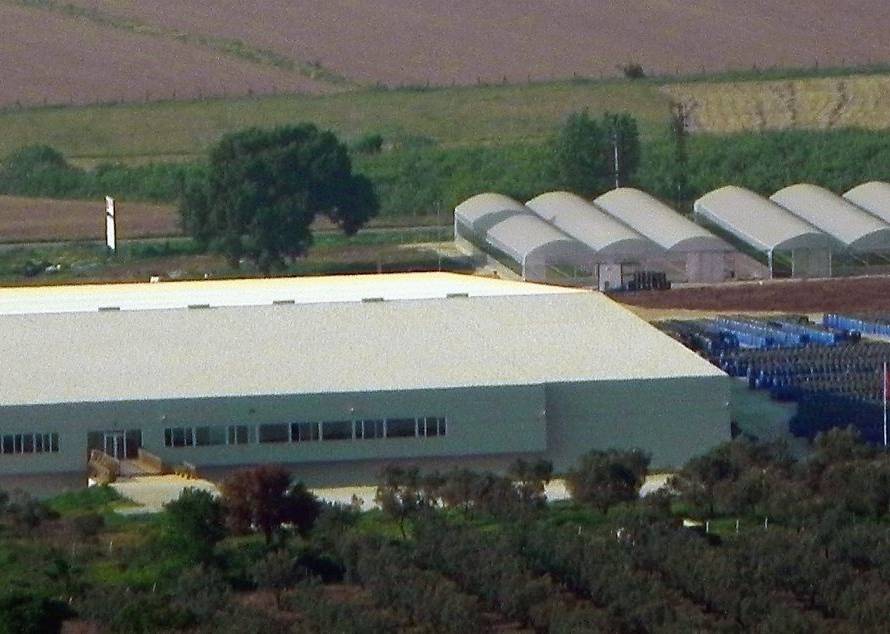Private label production refers to the process of producing a product by another company and selling it under another company’s brand. This model is often preferred by retailers, distributors, or other companies when they want to create and control their own brands. Before going into the details of private label production, let’s examine why this process is popular and what advantages it provides.
Why Private Label?
Brand Control
Companies have full control at every stage of the product, from design to packaging. This allows them to maintain brand integrity and shape their marketing strategies in line with their brand values.
Cost Effectiveness
Purchasing private label products instead of producing your own products eliminates significant initial costs such as research and development and production facility investment.
Rapid Launch
Since the product development process is managed by the manufacturer, companies can launch products much faster.
Low Risk
Instead of creating a new product from scratch, selling products that are already accepted and tested in the market reduces the risk.
Private Label Production Process
The private label production process usually includes these steps:
Manufacturer Selection
Businesses should find a reliable and quality manufacturer to produce their products. The choice of manufacturer depends on factors such as product quality, production capacity, and delivery time.
Product Design and Development
The formulation, design, and packaging of the product are worked on. This stage is based on the business’s market research and the needs of the target audience.
Quality Control and Tests
Quality control standards are determined during the production process, and products are tested regularly. This ensures that the products are of consistent quality and comply with regulations.
Production and Supply Chain Management
Production is planned, and production is carried out in line with orders. Logistics and supply chain management ensure that products are delivered to customers on time and in good condition.
Marketing and Sales
Products are promoted and offered for sale within the framework of the brand’s marketing strategies. Here, the aim is to reach the product’s target audience and increase brand awareness.
Private label production reduces production and operational complexities while allowing brands to gain a unique place in the market. With this method, companies can grow quickly in a competitive market and respond more effectively to consumer needs. Private label products have gained great popularity, especially in sectors such as food, cosmetics, and health products. With this model, companies such as Zeytursan can not only keep costs under control but also differentiate themselves in the market by developing special product series for consumers.





